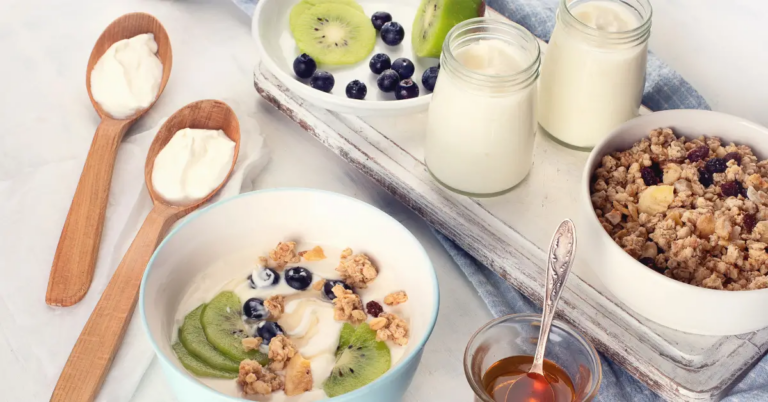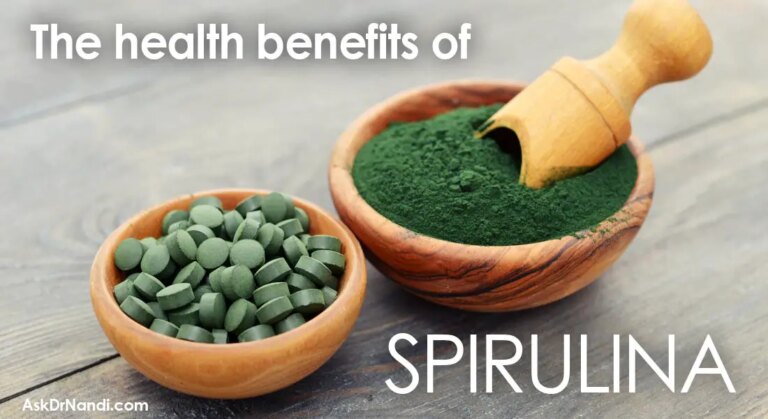Inflammatory Bowel Disease (IBD) is a term that encompasses two conditions: Crohn’s Disease and Ulcerative Colitis. If you have either of these, you know how miserable they can make day-to-day life. If you’re looking for ways to either ease your symptoms or avoid these diseases altogether, dietary habits are an important place to start.
What Is Inflammatory Bowel Disease?
Inflammatory Bowel Disease, or IBD, is characterized by chronic inflammation in the digestive system, which leads to one or both of the following conditions:
- Ulcerative Colitis. Chronic inflammation in the gastrointestinal (GI) tract causes lasting ulcers, or sores, in the large intestine and rectum lining.
- Crohn’s Disease. Chronic inflammation anywhere from the mouth to the anus, most often in the small intestine and colon, causes damage/sores through multiple layers of the walls of the GI tract.
Symptoms of IBD include but are not limited to:
- Persistent diarrhea
- Fever and fatigue
- Abdominal pain/cramping
- Blood in your stool
- Reduced appetite
- Unintended weight loss
IBD can make it nearly impossible to travel or go far from home in severe cases because symptoms become so uncomfortable and unpredictable.
Processed Foods, Additives, And Preservatives May Aggravate IBD
If you read much about health and wellness, you know how important the gut is for overall health and vitality. 80% of your immune system is housed in your gut! The bacteria in your digestive tract and your microbiome help with hundreds of different processes in your body, including digesting food, thinking, maintaining a healthy weight, fighting off pathogens and bugs, improving your mood, increasing energy, and more!
Anything that impacts your microbiome can have major consequences on your well-being.
Additives
Studies have found that common food additives, particularly emulsifiers, promote colitis and metabolic syndrome by altering the gut’s microbes. After only 12 weeks of emulsifiers being added to the diet, these results were present.
Many processed foods contain added trans fats and processed vegetable oils, which can stimulate the inflammatory process in your digestive tract and increase the risk of heart and artery disease.
Artificial Sweeteners
In a study by the Department of Environmental Health Science in Georgia, researchers found that the most widely used artificial sweetener, Sucralose, altered the gut microbiome dynamics in participants. It also induced elevated pro-inflammatory gene expression in the digestive tract and liver.
Preservatives
Research published in Nature found that artificial preservatives increase the risk of inflammatory bowel disease.
The Crohn’s Colitis Foundation recommends avoiding foods with artificial colors, sugar alcohols, and preservatives as these aggravate symptoms of IBD in many patients.
Partha’s Rx
- Fill your diet with plenty of organic leafy greens, vegetables, and fruits. If raw fiber-filled foods are too complex for your system, cook them before consuming them. Use these to replace processed foods and fast foods.
- Consume equal amounts of clean protein, healthy fats, and low-glycemic carbohydrates from fruits and veggies.
- Limit or eliminate dairy and gluten if you have symptoms with these foods.
- Eat smaller meals more frequently throughout the day versus 2-3 large meals.




















